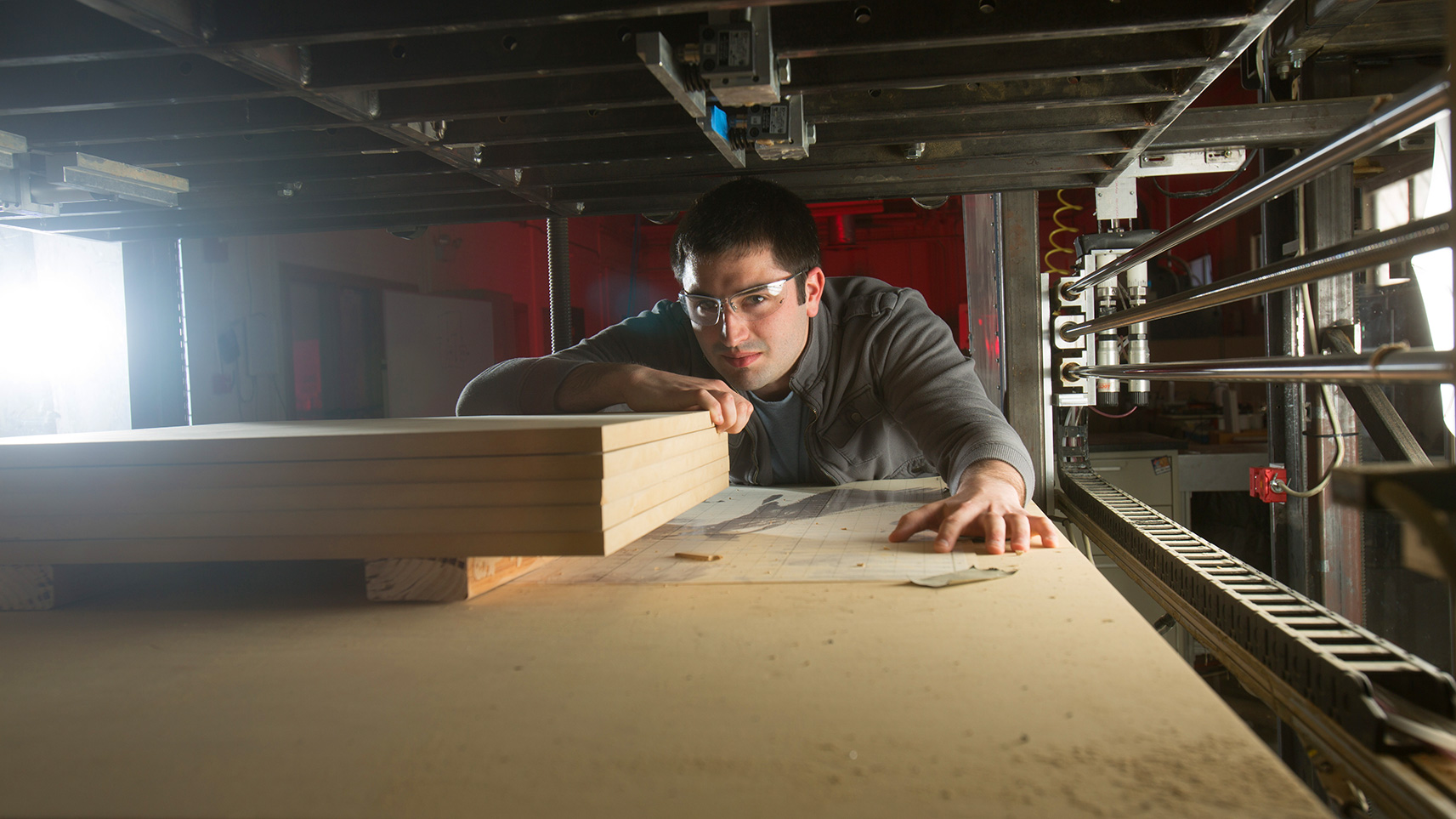Why Choose Industrial Engineering?
-
Why industrial engineering?
U.S. News & World Report ranks industrial engineering #1 in Best Engineering Jobs!
Iowa State Industrial Engineering Faculty member Leslie Potter talks with Career Services about the field of industrial engineering! Tune in to learn more about how IE’s improve processes to help people.
Become a process pro in the Industrial Engineering (IE) field at Iowa State University.
Industrial engineers are constantly improving processes to help the world run just a little smoother. We help people get more out of life by improving their work environments, providing better service, and reducing their cost of living. Industrial engineers also look for ways to improve the environment through energy conservation, reducing industrial waste, and recycling materials.

Gain skills to apply in any industry
Industrial Engineers are behind every great product and process, bringing efficiency and proficiency to the nation’s top-tier companies.
$78.4K/YR
average starting salary of industrial engineering graduates
JOB IN
<6 MONTHS
97% of students have an IE-related job with six months of graduation
1400+
companies visit the college of engineering each year to recruit our students
-
IE Career Opportunities
Picture a career where you shape industries, improve services, and work directly with people. Our alumni are making their mark in diverse global industries. If you aspire to optimize processes, lead teams, and revolutionize industries while forging meaningful connections, our program is your fast track to limitless possibilities.
-
Hands-on learning opportunities
With our top-notch faculty, smaller classrooms, and state-of-the-art facilities, we provide the ideal environment to shape you into a proficient process professional ready for any industry.
-
Academic resources
You’ll be part of a passionate team that enjoys working with and helping people, positively impacting the world. Join us and thrive in a supportive and nurturing academic environment.





